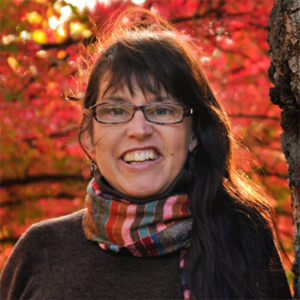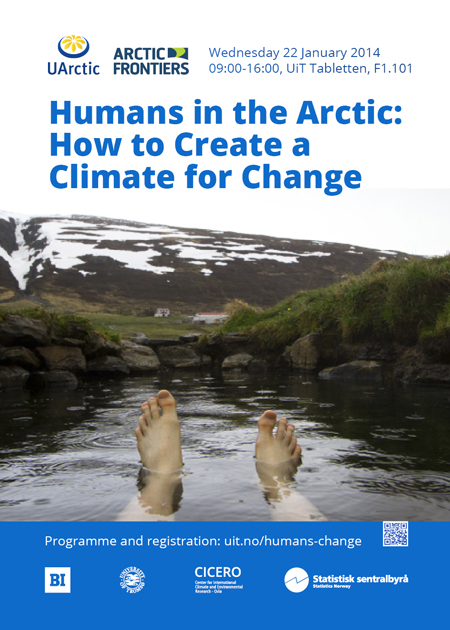Kari Marie Norgaard
 |
Dr. Kari Marie Norgaard is Associate Professor of Sociology and Environmental Studies at the University of Oregon. Norgaard is recipient of the Pacific Sociological Association’s Distinguished Practice Award for 2005. Her first book “Living in Denial: Climate Change, Emotions and Everyday Life” was published by MIT Press in 2011 and has been of interest to audiences throughout Western Europe and the United States. Her research on climate denial, tribal environmental justice and gender and risk has been published in Sociological Forum, Gender and Society, Sociological Inquiry, Organization and Environment, Rural Sociology, Race, Gender & Class, and other journals, as well as by the World Bank. Her research has also been featured in news outlets including The Washington Post, National Geographic, High Country News, and on National Public Radio’s “All Things Considered.” |
Living in Denial: Climate Change, Emotions and Everyday Life
Living in Denial: Climate Change, Emotions and Everyday Life - Kari Marie Norgaard, University of Oregon, USA from UArctic on Vimeo.
Global warming is the most significant environmental issue of our time, yet public response in Western nations and around the world has been meager. Why have so few taken any action? Most explanations for the lack of public pressure on climate change have to do with the fact that people don’t realize how serious it is/will be, or that they see it has a problem that will happen elsewhere and thus don’t care enough. Instead, my talk looks at the experience of climate change in everyday life settings.
I will describe how disturbing emotions of guilt, helplessness and fear of the future arise when people are confronted with the idea of climate change. I then build a model of socially organized denial to describe how people normalized these disturbing emotions through following conversation norms and discourses that served as “tools of social order.” I describe the lack of response as an active process, which I call “socially organized denial.” Thus, for many highly educated and politically savvy people throughout Norway and elsewhere, information about climate science is known in the abstract but disconnected from political, social, and private life, a problem that is emblematic of how citizens ofindustrialized countries are responding to global warming. The primary research in my book from Norway is supplemented by comparisons to the United States, telling a larger story behind the public paralysis in the face of today’s alarming predictions from climate scientists.
